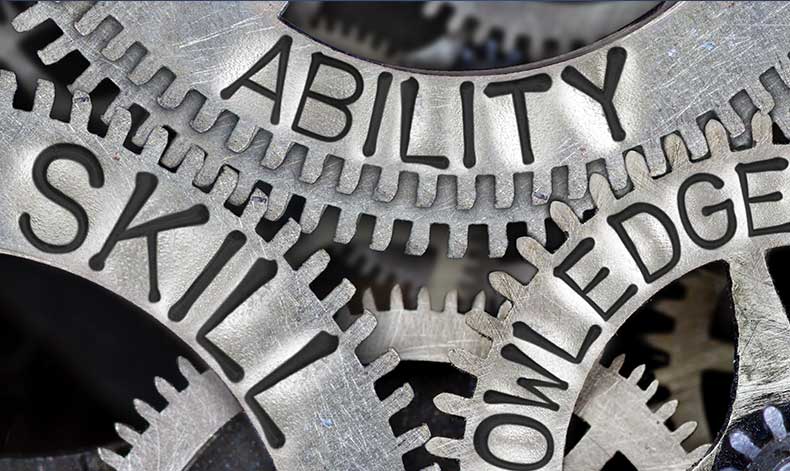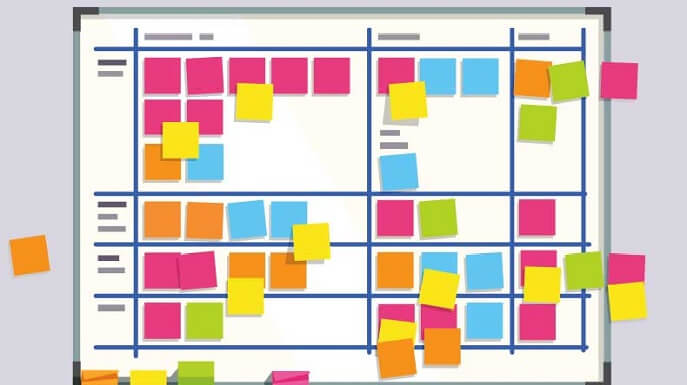What does flexibility mean?
If you're flexible, it means you're able to comfortably adapt to changing circumstances and environments, like a chameleon.
Sometimes life doesn't go according to plan. Unexpected circumstances occur and our priorities change. The more flexible you are, the more likely you are to survive and succeed.
Why is flexibility important?
Adjusting to changing environments helps businesses stay successful, competitive and relevant.
Flexible employees build flexible businesses, which is why companies look for candidates with versatile, positive and open attitudes.
Job adverts mention things like:
-
“We're looking for dynamic graduates”
-
“Able to work positively in an ever changing fast paced environment”
-
“We want an open minded graduate who loves a challenge”
-
“Open to learning new systems and procedures”
Although these examples don't specifically mention the words 'flexible' and ‘flexibility' it's what they mean. Always carefully read the descriptions to properly understand what they want.
How can you be flexible?
There are several ways you can be more flexible. For example:
-
Open-mindedness - consider new ideas and opportunities
-
Positivity - be optimistic and forward looking
-
Creativity - research and identify new ways of planning and working
-
Adapting - change the way you work to suit the situation or environment
-
Saying yes - give things a go instead of saying no straight away
How can you prove you're flexible?
Give real life examples to explain how you've shown flexibility in the past.
On your CV
Describe how you've been flexible during your studies or in previous jobs. For example:
-
Started using social media to increase engagement with customers
-
Happily worked overtime to meet team deadlines
-
Tailored pitches and presentations to suit the needs of the client
-
Prioritised tasks by monitoring workloads
-
Researched and implemented new financial systems to minimise losses
Also show employers how flexible you are by mentioning your skills. For example:
-
Calm
-
Consistent
-
Creative
-
Flexible
-
Open minded
-
Optimistic
-
Positive
In interviews
Explain how you've shown flexibility at work, university or in daily life. The STAR framework is a good way of developing a concise answer. STAR stands for Situation, Task, Action and Result. When you're answering a question, explain the:
Situation: Set the scene, explain what happened, what was the problem? Task: Explain what you needed to do Action: Describe what you did and how you did it, did you face any challenges? Result: What was the outcome? Did you achieve your aim? What did you learn?
Example
Question: Can you tell me about a time you've had to re-organise something?
Situation
I planned to study Law at Durham University. I visited it during an open day and most of my friends were planning to study in the same region. However I wasn't able to study there as I didn't achieve the required grades.
Task
I didn't want to wait until next year so I had to quickly get a place on a law course at another university.
Action
I researched how I could get a place at another university. I applied through clearing, which matches students to courses that still have spaces available.
Result
I ended up studying law at Exeter University. I was initially apprehensive as I would be alone and hadn't visited the university. However, I remained positive and really enjoyed studying there. I also made lots of new friends along the way.
“The art of life lies in a constant readjustment to our surroundings.”
Kakuzo Okakura









